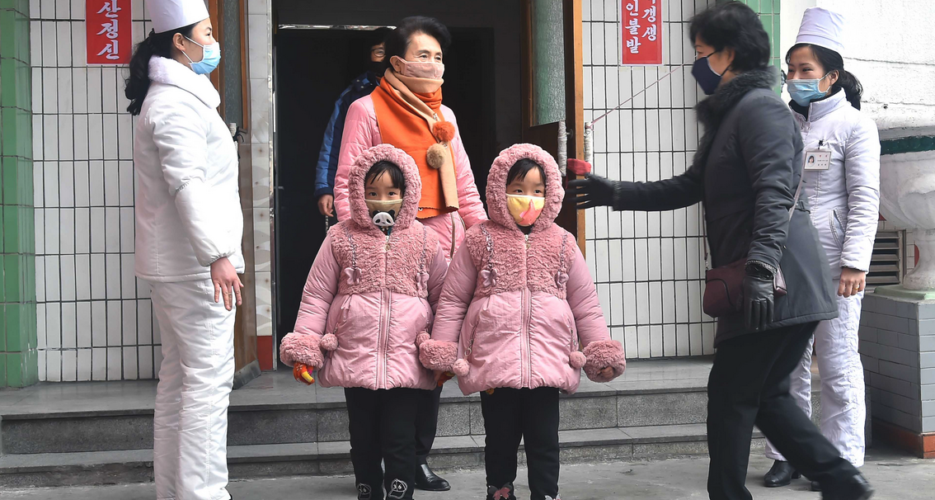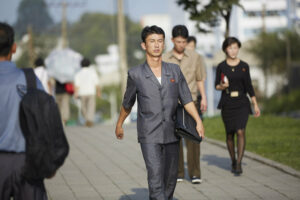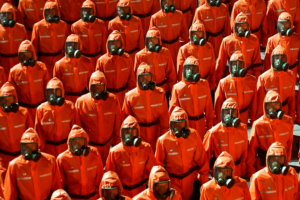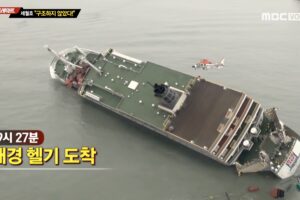Ongoing quarantine measures imposed by North Korean authorities to prevent the spread of the novel coronavirus have left foreign embassies in Pyongyang unable to properly perform their duties and effectively cut off from the outside world, Russia's ambassador to the DPRK was quoted as having said Thursday.
Writing in an op-ed for Russia's TASS news agency, Ambassador Alexander Matsegora said that while he would not compare the situation to "a blockade," a total of 254 Russian citizens were currently in North Korea, under quarantine and "forced to stay in their places of residence."
Ongoing quarantine measures imposed by North Korean authorities to prevent the spread of the novel coronavirus have left foreign embassies in Pyongyang unable to properly perform their duties and effectively cut off from the outside world, Russia's ambassador to the DPRK was quoted as having said Thursday.
Writing in an op-ed for Russia's TASS news agency, Ambassador Alexander Matsegora said that while he would not compare the situation to "a blockade," a total of 254 Russian citizens were currently in North Korea, under quarantine and "forced to stay in their places of residence."
Become a member for less than $4 per week.
Unlimited access to all of NK News: reporting, investigations, analysis
The NK News Daily Update, an email newsletter to keep you in the loop
Searchable archive of all content, photo galleries, special columns
Contact NK News reporters with tips or requests for reporting
Get unlimited access to all NK News content, including original reporting, investigations, and analyses by our team of DPRK experts.
Subscribe now
All major cards accepted. No commitments – you can cancel any time.










